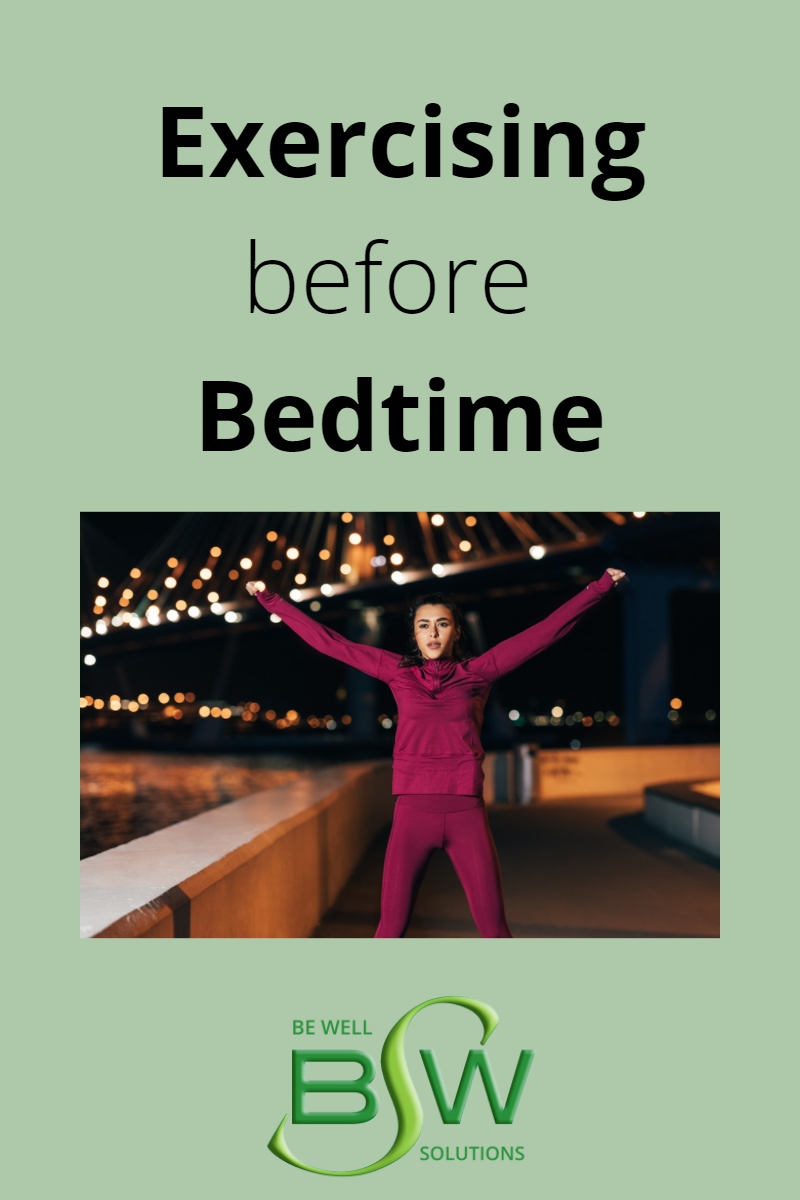
A consistent exercise routine is great for getting better quality sleep. However, can the time of day you exercise negatively impact it? We’re going to take a closer look at the research around sleep and exercise, the best time for activity, and tips for creating healthy routines.
How Does Exercise Affect Sleep?
For years many have believed that evening and late-night exercise would disrupt sleep. Recently, more studies have explored this notion to figure out how physical activity affects sleep quality. Exercise raises heart rate, body temperature, and adrenaline levels which can impact the body’s ability to fall asleep and stay asleep. However, the Sleep Foundation’s findings from a compilation of studies indicate that those who exercise after 8 pm fall asleep quickly and have similar amounts of deep sleep as those who exercise between the hours of 4 pm and 8 pm. Additionally, a study published by Sports Medicine indicated that evening exercise, with the exception of high-intensity activity less than an hour before bedtime, can benefit sleep quality.
Regular physical activity, even exercise performed in the latter part of the day, has multiple benefits for sleep. These benefits include better sleep quality, increased amount of sleep, lower levels of stress and anxiety, and better management of sleep disorders and insomnia (Performance Health). Good sleep can, in turn, help promote more activity the following day. Sleep and exercise go hand in hand and work together for numerous health benefits.
When Is the Best Time to Exercise?
We know that regular exercise and quality sleep are beneficial for the body, so when is the optimal time to work out? Some may argue that exercise first thing in the morning is the best option, while others may say the only time available to work out is in the evening. To determine the best time for exercise, you should consider your personal needs and schedule. When are you most likely to stick to a routine? When do you have the most energy in your day? Do you find that incorporating high-intensity exercise earlier in the day helps manage energy levels and promotes better sleep for you at night? Do you notice that lower intensity exercise like light aerobics or yoga encourages a more restful night of sleep? Consider all these questions when deciding on the best time for exercise. Remember, the best routine is the one you actually do.
Create a Lasting Routine
Think about your habits around both sleep and exercise to create a lasting routine. Keeping your bedtime as consistent as possible, avoiding long daytime naps, and choosing a dark, quiet room will all promote quality sleep. Planning your exercise ahead of time, setting reminders, and adjusting to your schedule will help you stay on track with consistent physical activity.
Overall, your most successful routine will be the one that works best for you and your schedule. Whether you’re exercising in the later evening hours or not, it is still a good practice to allow yourself time to relax and power down before bedtime. Turn off screens and choose calming activities like reading, listening to music, or stretching for a better night of sleep.
Always consult with your physician before starting a new exercise program.
Continue reading March 2022 Newsletter: Social Media and Sleep
Written by BWS Lead Health Coach- Kelly Schlather, BS, ASCM – CEP
